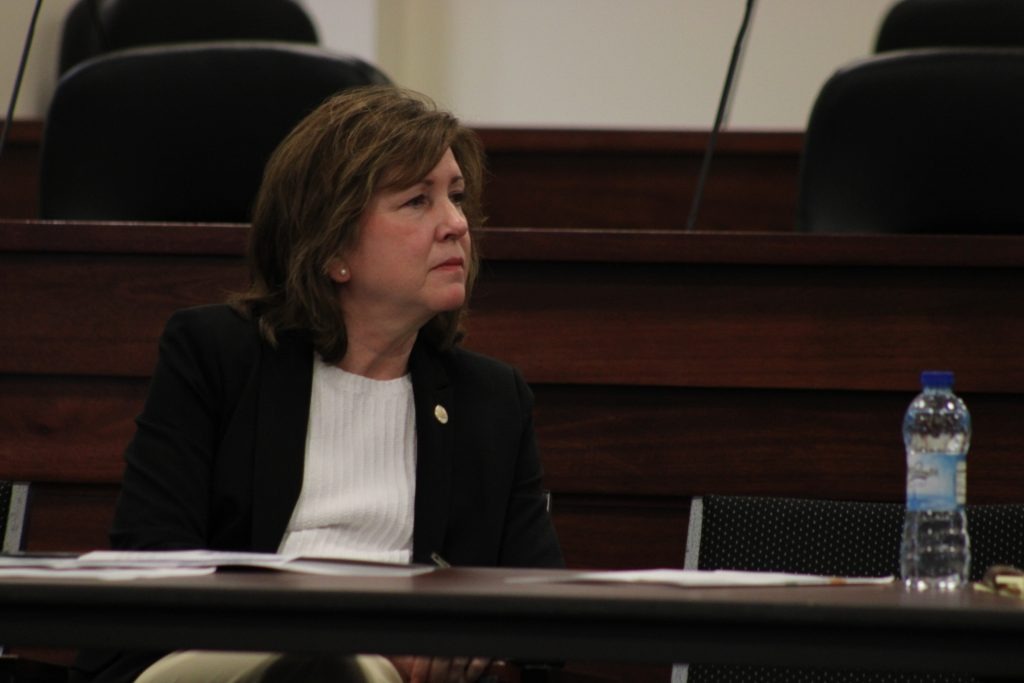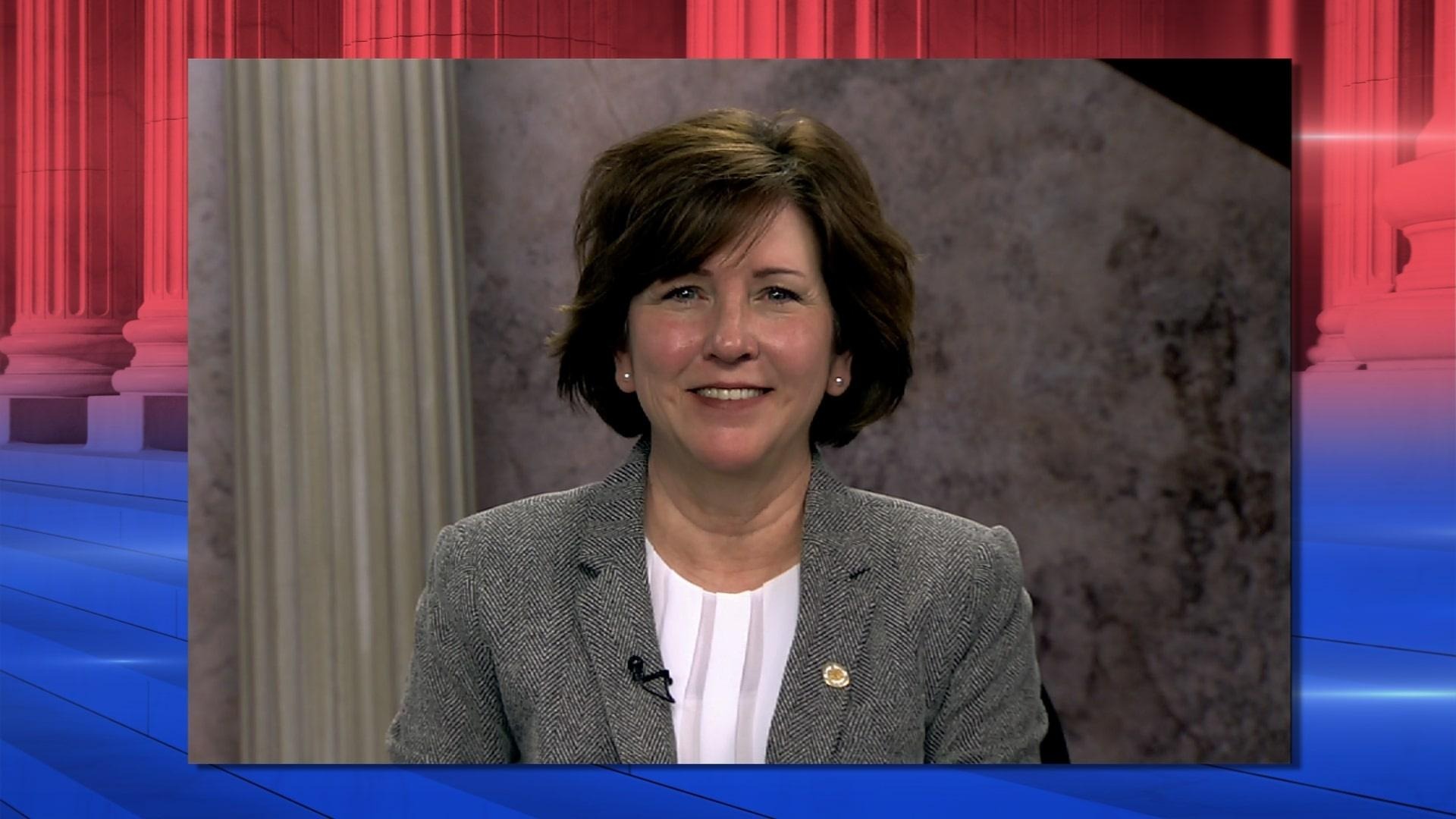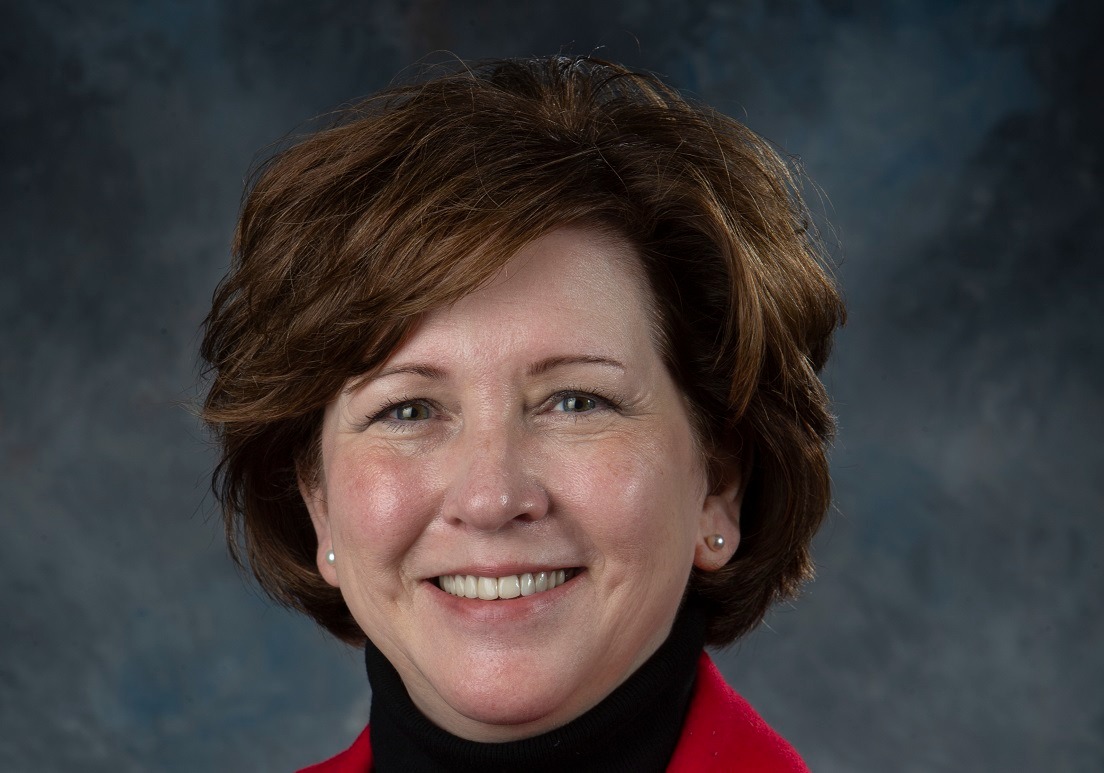Alabama Department of Mental Health Commissioner Kim Boswell announced a huge development on Friday. Her agency secured a $118,000 federal grant to expand telehealth services to rural communities across Alabama. This expansion is anticipated to positively impact more than 37,000 residents in the state.
The grant, provided by the U.S. Department of Agriculture, will finance the ADMH Telehealth Expansion Project. This strategic initiative aims to address health disparities between Alabama’s urban and rural areas, a longstanding concern in the state.

Mental Health Commissioner Kim Boswell (Credits: CNN)
During a press conference in Montgomery, Boswell emphasized the pressing need for improved mental health care in rural Alabama. She highlighted the fact that over 43% of Alabamians reside in rural communities, where access to behavioral health care services is often limited.
The disparity is stark, with 850 individuals for every behavioral health care provider in the state, far exceeding the national average. This ratio is even more disproportionate in rural areas, with 13% of rural communities lacking any behavioral health care provider.
Telehealth equipment companies have until April 12 to respond to an ADMH request for proposals. The selected companies will collaborate with healthcare providers partnered with the ADMH for the telehealth expansion project.
Nivory Gordon, the rural development state director for Alabama with the USDA, echoed Boswell’s sentiments during the press conference, emphasizing the critical importance of enhancing mental health resources in rural communities. He praised the efforts to improve lives across the state, noting that every investment in public health initiatives is valuable.
The federal grant will be complemented by a $17,000 match from the ADMH, totaling $135,000 toward expanding telehealth services. As confirmed by ADMH spokesperson Malissa Valdes, the primary allocation of these funds will be for the acquisition of telehealth equipment.

Kim Boswell (Credits: PBS)
Boswell emphasized that the telehealth expansion project would play a crucial role in addressing the opioid epidemic, particularly prevalent in rural areas. The project aims to use telehealth to bridge gaps in treatment and healthcare services, targeting substance abuse disorders and mental health disorders in underserved rural communities.
Alabama’s commitment to improving mental health resources has been underscored by state lawmakers and leaders, with expanding mental health services identified as a top legislative priority for 2024 by State House Speaker Nathaniel Ledbetter.
Recent public opinion polls have indicated widespread support among Alabamians for allocating more state funds towards enhancing mental health resources, with suggestions including utilizing revenue from potential gambling legislation or opioid settlement funds.























